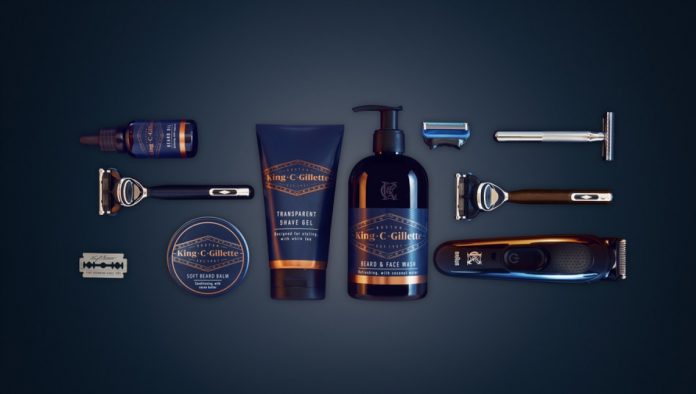Cosmetics is one of the important categories that many companies focus on and it occupies a large market share. Traditionally, cosmetics have been manufactured and marketed considering only women but over the past few years, many startups in India started expanding the domain of cosmetics and beauty by including men. FMCG companies have been broadening the perimeter of the toiletries and shaving products to a wider segment of men’s grooming products. Most of the startups initially focused on nurturing male facial hair and are now addressing the needs of the whole body. The segment is gaining a lot of attention from well-known FMCG companies that have a background in beauty and personal care.
According to Nielsen, the urban male grooming market in India was estimated at around Rs 5000 crore and the market received a steady growth with a host of many design-driven brands outside the shaving segments. It is evident from various reports that the Indian male grooming industry received a growth of Rs 16800 crore growing at a CAGR of 45% and it is expected that the global male grooming products would reach $8120 crore by 2024.
The men grooming segment is currently dominated by Procter and Gamble’s Gillette and shaving razors and these are followed by antiperspirants, deodorants, and other toiletries. The product categories which are emerging are beard and grooming products like creams, waxes, and oils. Hindustan Unilever’s deodorant Axe has been present in the market for many years and has been expanded into body washes. The company also expanded the hair categories to new categories like hair wax, beard oil, and beard balm. Likewise, Godrej Consumer Products (GCPL) has decided to expand its soap brand Cinthol to a men’s grooming brand and thus launched eight new men’s grooming products under this soap brand. It is found that e-commerce is a key sales driver for men’s grooming products in India. With the decline in offline distribution and the need to overcome the challenge of profits with e-commerce platforms, startups that are focusing on men’s grooming products have started building themselves as D2C online brands. They started selling directly to the customers through their websites.

